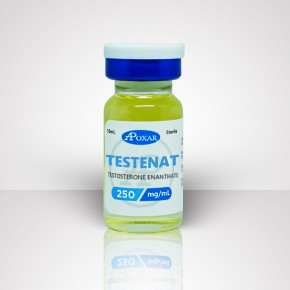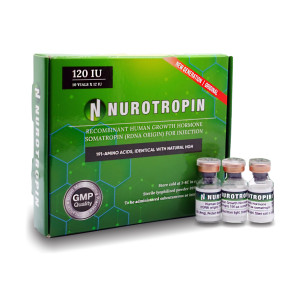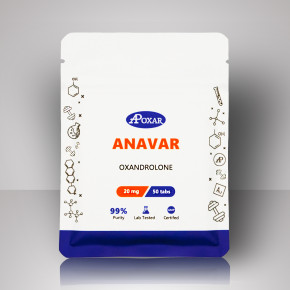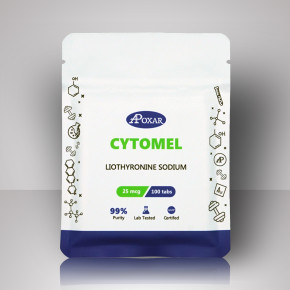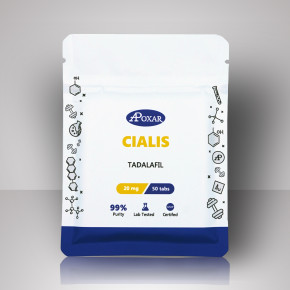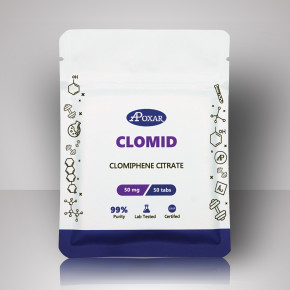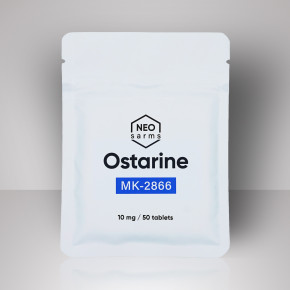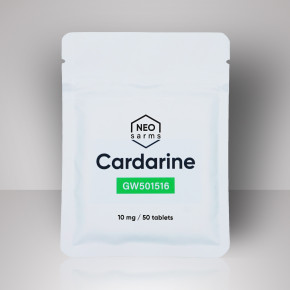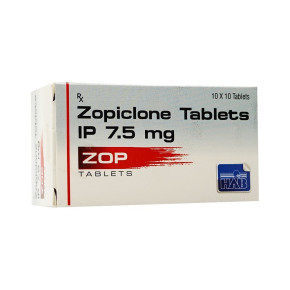Understanding Macros for a Balanced Diet on Cycle
The biggest challenge in achieving the desired physique starts (and, frankly, ends) on your diet. Yes, it’s MORE important than working out. If you’re consistent with gear, consistent with your workouts, but eat junk food only, you won’t grow or change. You’ll just get fat.
There will be no result if the engine is broken, no matter what fuel you put in it. You won't get far on bad fuel since your engine (body) won't function properly.
Understanding Carbohydrates

Carbohydrates get the most attention in diets (especially for weight loss), so let's start with them.
Carbohydrates have a reputation worse than they deserve. There are many types of carbohydrates. Some are useful, others are not. Harmful carbohydrates are often subjected to intensive processing, and the only thing that allows you to call them food is the fact that they are edible.
It is clear that if something is processed for a very long time, it will lose any benefit. However, this doesn’t make carbohydrates the main reason for the obesity epidemic. It means that the use of highly processed foods, packed with sugar and flavor enhancers, guarantees the appearance of extra pounds.
Simple and complex carbohydrates
Carbohydrates are based on sugar molecules that the body breaks down and converts into energy, especially during heavy physical activity. Sugars, starches, and fibers are the main forms of carbohydrates.
There are two main groups of carbohydrates: simple and complex.
Note: vegetables are a very desirable ingredient. Eating a lot of vegetables doesn’t lead to problems with excess weight. You can eat more when you eat vegetables. The more you eat, the less hungry you feel.
Simple carbohydrates
Simple carbohydrates are table sugar, syrup, and carbonated beverages. They are best avoided in most cases (except for cheat days or small daily rewards that should be included in every meal plan). These are the "bad" carbohydrates. This category also includes sweets, cakes, beer, and cookies.
Complex carbohydrates
For a long time, people considered complex carbohydrates to be more beneficial than simple ones.
Your body absorbs both complex and simple carbohydrates, trying to transform them into productive sugar energy to power your muscles and organs. It's not just the type of carbohydrates, but the rate at which they are broken down by the body and how much they cause a sharp spike in blood glucose.
The list of foods with complex carbohydrates includes:
-
Oatmeal;
-
Apples;
-
Potatoes;
-
And green peas.
However, it is not enough to distinguish complex carbohydrates from simple ones.
Understand Glycemic Index
A more sophisticated way to determine the quality of carbohydrates is related to the glycemic index (GI).
Low-GI foods are preferable to high-GI foods.
The GI indicator is an attempt to classify foods by their rate of breakdown and the ability to raise blood sugar levels. Some people have tried to prove that you can maintain a constant level of insulin even with increased carbohydrate intake following a low-glycemic diet.
However, neither low-carb nor low-glycemic diets will be a magic wand in the fight against extra pounds. The main thing is to consume the optimal amount of healthy food to stimulate the metabolism, which helps to get rid of fat.
It is very important to remember that the body needs carbohydrates. The need for carbohydrates increases with the intensity of training. Your body will begin to break down muscle tissue without carbohydrates, which will negate all your efforts.
Low-carb diets can bring significant health benefits. However, a small amount of carbohydrates doesn’t mean their absence.
These health benefits do not make low-carb foods a panacea for excess fat. A study published in the American Journal of Clinical Nutrition has become a real sensation, coming to the conclusion that both low-and high-carb diets have almost the same effect on weight loss, metabolism, and maintaining muscle mass.
Note: the level of carbohydrate consumption should be calculated based on the priority indicators of the norm of protein and fat.
Fat is Actually Crucial

For years, fat was commonly blamed for many health issues, and foods labeled "fat-free" were considered automatically "healthy."
However, data from the Centers for Disease Control (CDC) suggests that as Americans reduced fat intake, obesity rates continued to rise.
This trend is influenced by several factors, including increased snacking frequency, portion sizes, and high sugar consumption.
Despite past beliefs, fat is an essential part of a healthy diet and supports various functions, such as:
-
Maintaining testosterone levels;
-
Good heart health;
-
And proper muscle health.
Nerve sheaths, which accelerate neurochemical signals, are largely composed of fat. Additionally, certain fats serve as a foundation for hormone-like substances called eicosanoids, which regulate blood pressure, inflammation, and blood clotting.
Monounsaturated Fat
Found in foods like avocados, nuts (almonds, cashews, pistachios), and olive oil, monounsaturated fats help reduce LDL (bad cholesterol) and raise HDL (good cholesterol).
They can also aid in weight management by promoting fat burning.
Polyunsaturated Fat
Like monounsaturated fats, polyunsaturated fats can help reduce LDL levels. Sources include salmon, fish oil, sunflower oil, and seeds.
These fats are particularly rich in omega-3 and omega-6 fatty acids, which are essential for health but are often lost in cooking processes. Our bodies cannot produce these essential fatty acids, so it’s crucial to obtain them through diet.
Saturated Fat
Saturated fat has long been controversial, as some studies link excessive intake to heart disease.
Foods high in saturated fat include:
-
Red meat;
-
Dairy;
-
Eggs.
However, newer research challenges this view, showing that populations with diets high in saturated fats have low cardiovascular disease rates. Research by scientists like Dr. Walter Willett at Harvard even suggests that saturated fat does not necessarily cause obesity or heart disease.
Your body also naturally converts stored carbohydrates to saturated fat, making it a reliable energy source.
Trans Fats
Trans fats are considered the least healthy fat and are commonly found in packaged foods, fried foods, and fast food.
Made through partial hydrogenation, this chemical process makes vegetable oils more solid and stable for food preservation. However, trans fats have been linked to various health issues and are best avoided.
Note: Research suggests that 20-35% of daily caloric intake should come from fat to support health.
Protein is King

Protein is critical for repairing tissues, including muscles, bones, and skin, and it plays a central role in building muscle. It cannot be synthesized by the body, making it an essential part of any diet, especially for active individuals.
Proteins are made up of amino acids, nine of which are considered essential because the body can’t produce them. These amino acids — like lysine, methionine, and valine — help regulate blood pressure and blood sugar, influencing metabolism and muscle growth. Complete proteins, which contain all essential amino acids, are found in animal sources such as fish, poultry, and eggs.
Kidney Concerns with Protein Intake
High protein intake is sometimes linked to kidney issues, but recent studies, such as one from the Journal of Strength and Conditioning Research, show no adverse effects from high protein intake (up to 400 g per day) for healthy individuals. However, those with pre-existing kidney conditions should consult a healthcare provider.
Protein also has a high thermic effect, meaning it requires more energy to digest, which can aid in calorie burning. The recommended intake is generally 1-2 g per kilogram of desired body weight, with adjustments based on lifestyle and dietary preferences.
Summary
If you’re on a steroid cycle, your diet isn’t just important. It’s essential.
Steroids increase protein synthesis, ramp your need for muscle repair up, and require a more than serious nutrient support to avoid turning those gains into wasted potential.
So, just to sum it up:
-
Protein is the big thing to focus on here, as it directly supports muscle growth.
-
Carbs give you energy and fuel your workouts;
-
Fats are necessary for hormone balance and overall metabolic health.
Studies suggest that proper nutrient intake, especially focusing on high-protein and healthy fats, can even push your testosterone levels higher. It’s THAT important. Get the macros right, and you'll make the most of your cycle.


